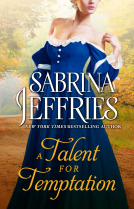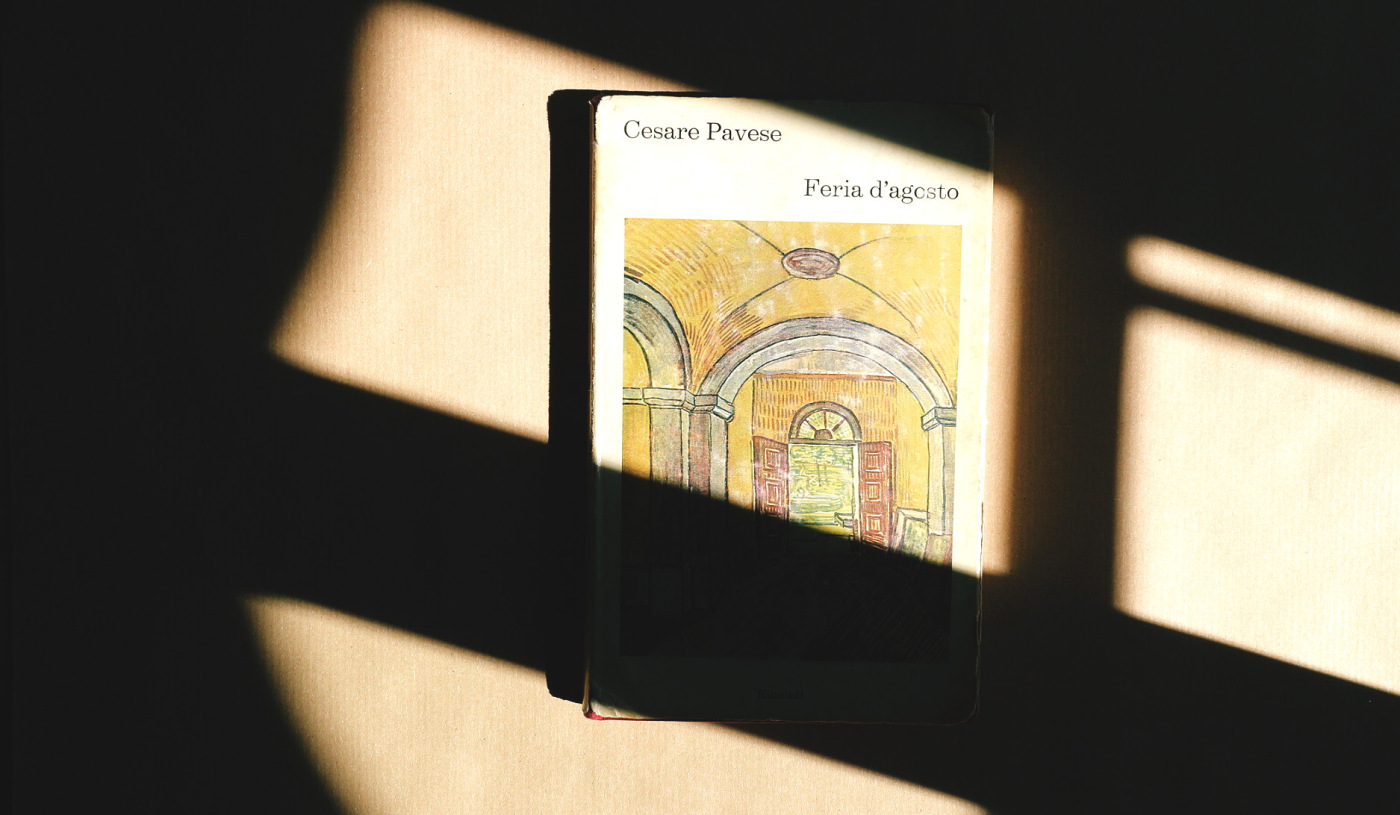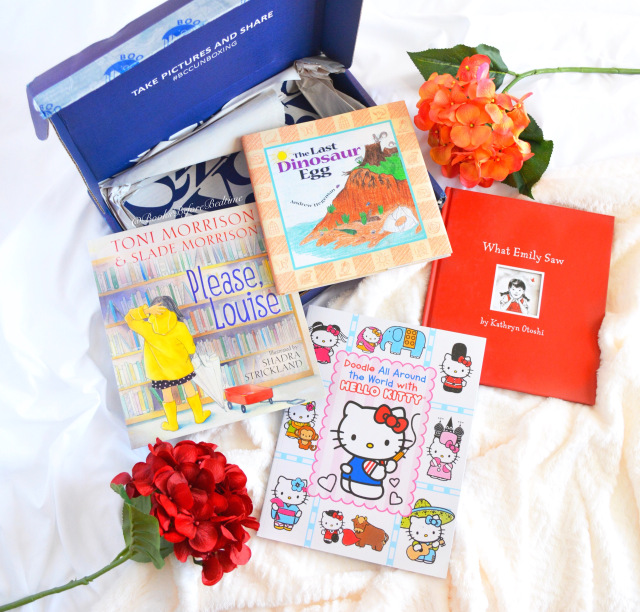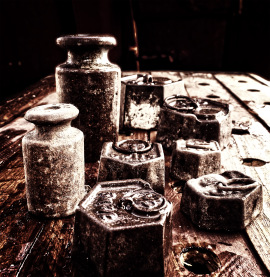It pains me to stop reading a book I’m not fully enjoying, not wholly invested in, but I do it so often it’s hard to make a case for any actual suffering. So, OK then: it doesn’t really pain me to put down a book I’ve already read 100 pages of. What pains me is the time I wasted on mediocrity, which — mediocrity, that is — is about the worst thing ever.
So onto books I recently sealed shut far before they reached the final page — all of which are highly acclaimed novels, and some are even scorching hot titles of fall 2017. My credo: Never trust the bestseller list, and feel no guilt spurning award winners.

I waited long and pantingly for Jennifer Egan’s new historical epic “Manhattan Beach,” because: 1) I’m a fan of her earlier novels “Look at Me” and the Pulitzer-winning, unfortunately titled “A Visit from the Goon Squad,” and: 2) the new book marched in on a drum beat of salivating hype.
Fail. “Manhattan Beach” isn’t bad, it’s just not great. This is Egan’s first foray into a more stately, time-tested form — the historical novel — and it’s a bit of a trudge. She’s usually more the bouncy stylist, a lot more fun, orange zest. She’s a maestro, sure, but I had to put down this eye-glazer about a third of the way in. Want a synopsis, raves, an excerpt? Go here. I can’t deal.
Two other much-exalted novels I couldn’t cozy up to due to their overarching tepidness were Celeste Ng’s family drama “Little Fires Everywhere” and Elif Batuman’s girl-goes-to-college dramedy “The Idiot.” The stories are undercut by soft, cooing voices, a bourgeois middle-brow blah, despite daintily turned phrases and surgical control. Fatally, they are short on wisdom, philosophy and epiphany. There’s no crunch.

Slightly better is Jesmyn Ward’s National Book Award winner “Sing, Unburied, Sing,” a tough, Faulknerian, mixed-race odyssey through rural Mississippi that’s very much of this racially attuned American moment and all that. Yet I found the drama ordinary and obvious. “Sing” didn’t sing.
So I picked up — and soon put down — “The Group,” Mary McCarthy’s celebrated 1963 novel about a bevy of privileged young white women making their way in a gilded New York City (it was a huge influence on Candace Bushnell, creator of “Sex and the City”). It’s a period piece, set in the 1930s, and it feels dusty. Cluttered and clammy, the fine stylist McCarthy’s tale is a dense compendium of social mores, money, neuroses and debutante gleam. It’s claustrophobic with cattiness.
Looking for another book, I considered reading Murakami’s “Kafka On the Shore.” And then I remembered how precious and irritating his “The Wind-Up Bird Chronicle” was in its forced, flatulent fancifulness.

I soon stumbled upon a suggestion, the high-flying 1990 British satire “The Buddha of Suburbia” by Hanif Kureishi, which has been called “raunchily, scabrously brilliant.” I’ve cracked it and I am happy to report I’m enjoying its comic kineticism just fine.
Yet I don’t think it will outclass the last book I finished, about a week ago, the short novel “LA. Woman” by Eve Babitz, my go-to gal last year for swooning fiction (I polished five of her books in 2017 with swooshing alacrity).
Soaked in sunsets and squalor, glamor and grit, “LA. Woman” traces the squiggly trajectory of a young Jim Morrison groupie through the titular city with a constant stream of poetics and epiphany. It’s funny and mean. It’s about Los Angeles. And life.
I gobbled it up in a gulp, like a gumdrop.
Advertisements Share this:




